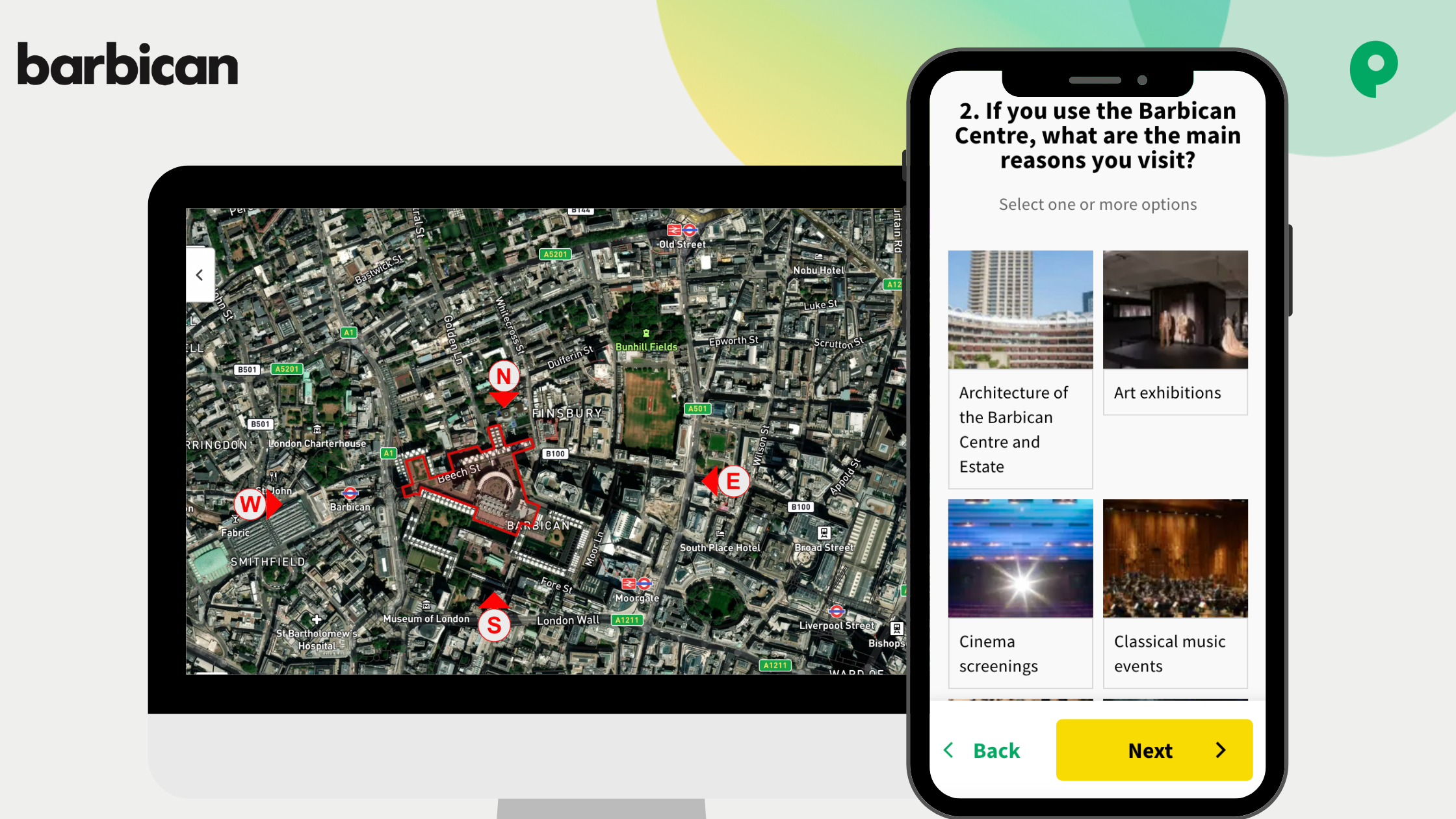Commonplace at LREF: what does the future hold for cities?
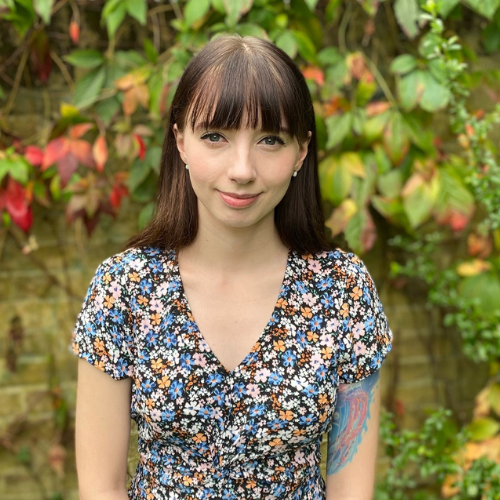
By Charlotte Cooper | 10/10/22 11:54
3 min read
It’s been a week since the Commonplace team visited one of the country’s largest real estate events, The London Real Estate Forum, which brings together industry leaders from the public and private sectors as well as investment and government to drive strong sustainable development in cities.
Set in the historic Barbican centre, the theme for this year’s forum was “thinking beyond.” Thinking beyond the city centre, beyond London, beyond next year and beyond the current expectations for what we need to create better cities.
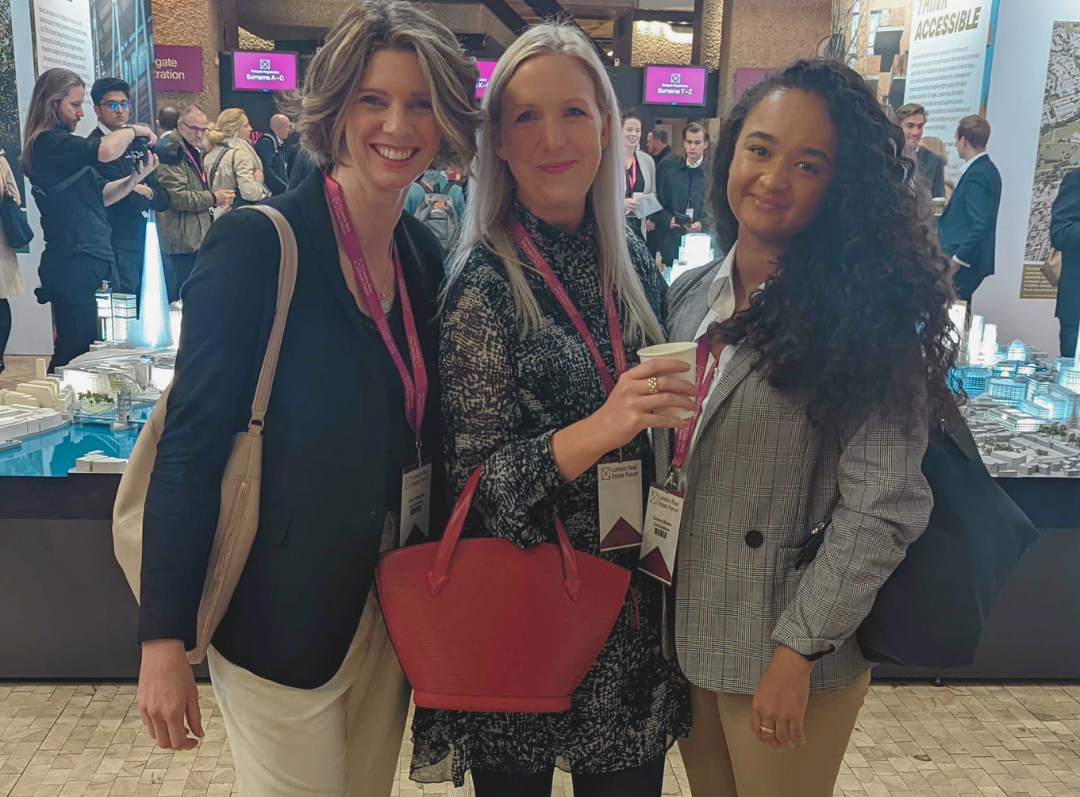
The past two years have seen massive changes within the city space. With the impact of the pandemic still visible in many areas of life, it’s our cities that saw one of the biggest cultural shifts. From office spaces being used less frequently to parks and green spaces becoming, not just more popular, but needed under changing lockdown rules, attracting people back to our towns and cities and finding ways to renew and regenerate disused spaces has become a key concern for all of us in the planning sphere.
What we noticed from every panel talk and round table we attended was the focus on the long-term changes and what those in the industry can do to facilitate this change. How will cities look in five years? Ten years? Fifty years? We saw, talked about and learned a lot, so let us share with you our top thoughts from the London Real Estate Forum.
Public and Private collaboration is needed to drive change
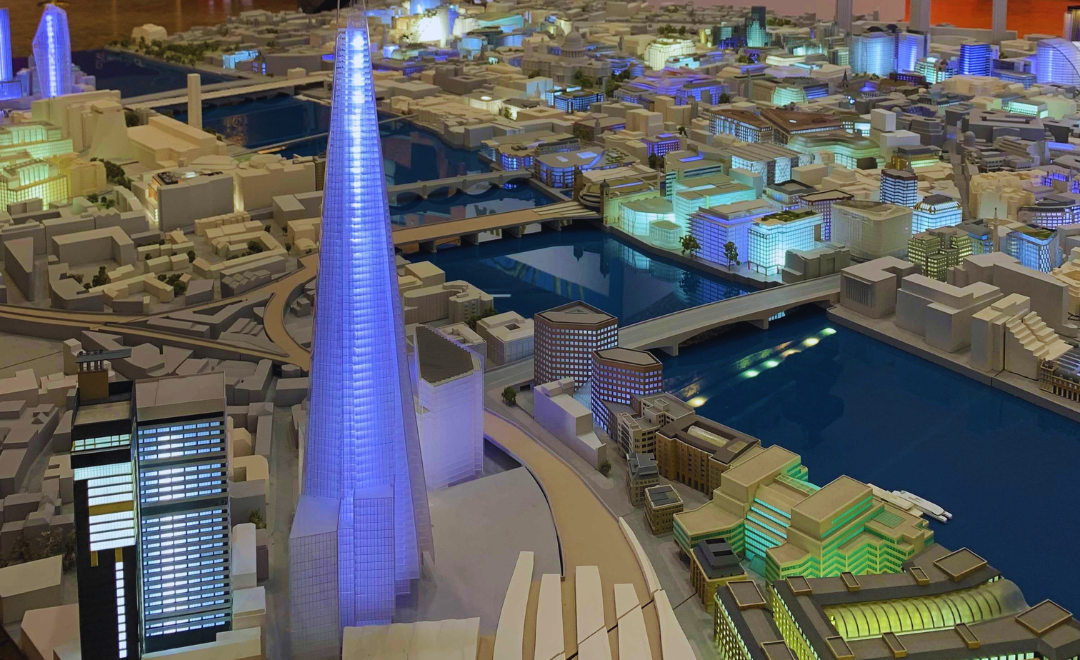
What are the actions we can take to ensure healthy and resilient urban environments? As we saw, there is not just one answer- but driving collaboration between both the public and private sectors is a crucial part of this. This will include considering infrastructure as part of real estate, creating innovation hubs and enterprise zones (perhaps working alongside universities) and even using the quadruple helix approach to make change. This means linking together local government with industry, innovators, and citizens for useful research and development.
The value of nature and green spaces will only continue to grow
During the worst of the pandemic, green spaces became somewhat of a haven for many of us. With travelling off limits and changing lockdown rules limiting our time outside, having access to local parks and nature spots became crucial for the physical and mental well-being of many. With urban citizens not having access to gardens, the value of these green spaces grew exponentially over the past two years. It seems that this will only continue as the years pass with access to well-maintained spaces outside now proven to be a key aspect of healthy lifestyles- with or without a pandemic in the background.
The Natural and Social Capital panel really wowed us with ideas and projects to help to 'green up' areas. Natural Capital is a new term for many at LREF, essentially highlighting the value of urban greening and urban forestry for those within cities. There were some punchy stats from the GLA - the most important being that we can save the NHS £950m a year in London alone by creating greener areas.
The future lies in creating inclusive and empowered communities
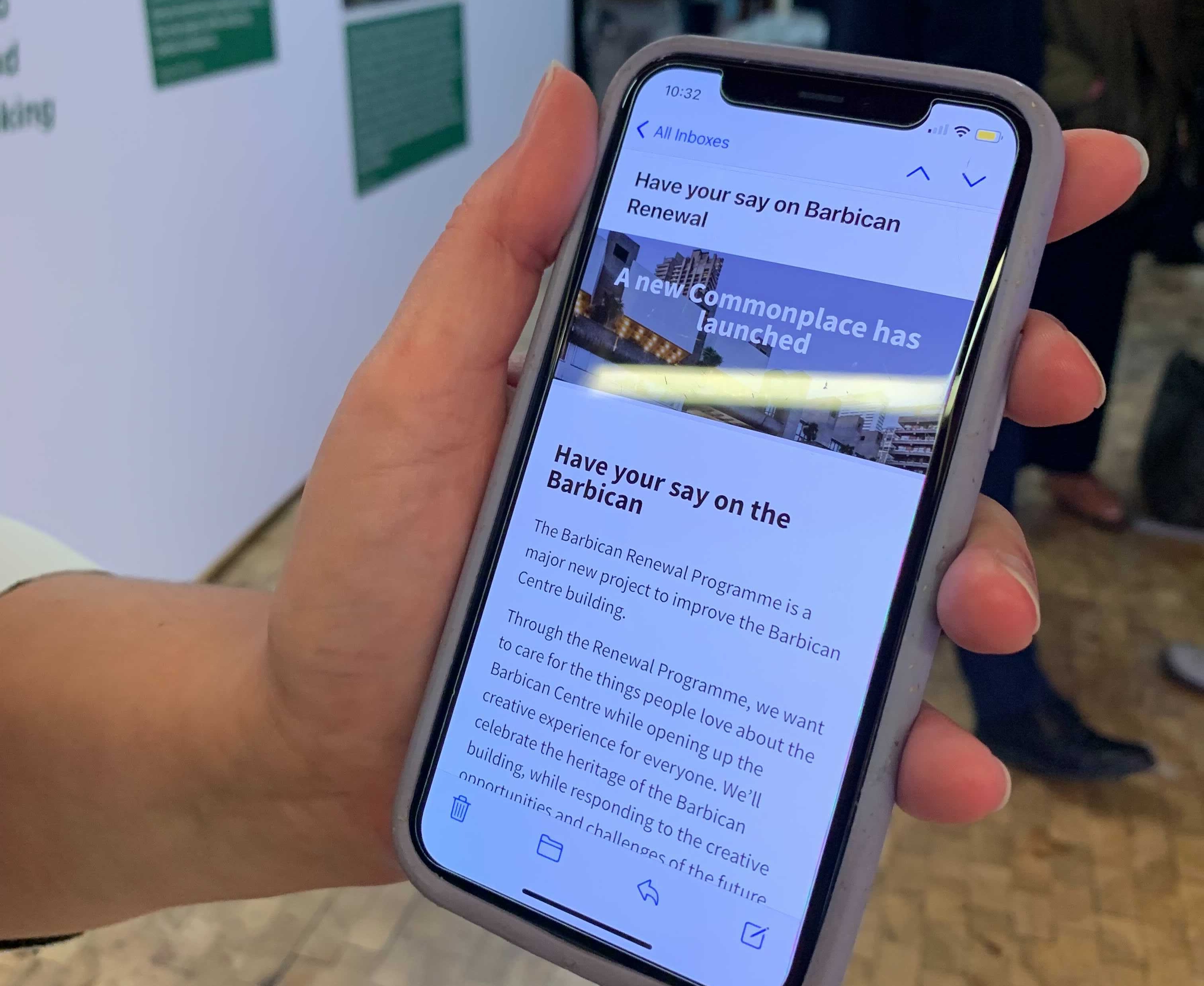
If you’ve been anywhere on this blog before then you know the importance of placing power and knowledge in local communities to create positive change. It was fantastic to hear so many experts within the industry commenting on how this is, not only important, but needed to build better cities following the pandemic.
There was talk about the need to upskill and empower local residents and allow them to be part of the design of their areas - co-designing alongside urban designers and developers. The most important takeaway from this was to continue evaluating and monitoring these projects in order to see what works and what doesn't.
As mentioned by Nivene Powell when discussing natural and social capital, it is vital to create genuine and inclusive communities when considering future development plans. If we do not find out what will benefit wider communities, then future projects will not have the impact needed. It's also important to use engagement to monitor and see what has impacted.
We need to tailor needs to communities - Nivene Powell, Head of Communities, Eco World London.
Gathering community views using a digital engagement platform is a great way to start.
This taps into another key point raised at many of the talks, how quality data is the key to driving the right decisions.
“Quality data is absolutely essential. We all need good data to inform good decisions around retrofitting ensuring tenants are educated using this data.” Pilbrow and Partners, Fred Pilbrow.
Find out more about making data-driven decisions using community insight.
A live example of this at the forum was the Commonplace Collaboration with the Barbican Centre to gather community views for its Renewal Programme. Utilising both a Heatmap and a Community Survey, many LREF visitors took the opportunity to record their views on the space and how it could be improved during this renewal.
Explore the project website here.
Did you visit the London Real Estate Forum? Have a chat with us today to hear more of our thoughts about the future of cities as well as how you can use data-driven insights to build better places.
.png)
